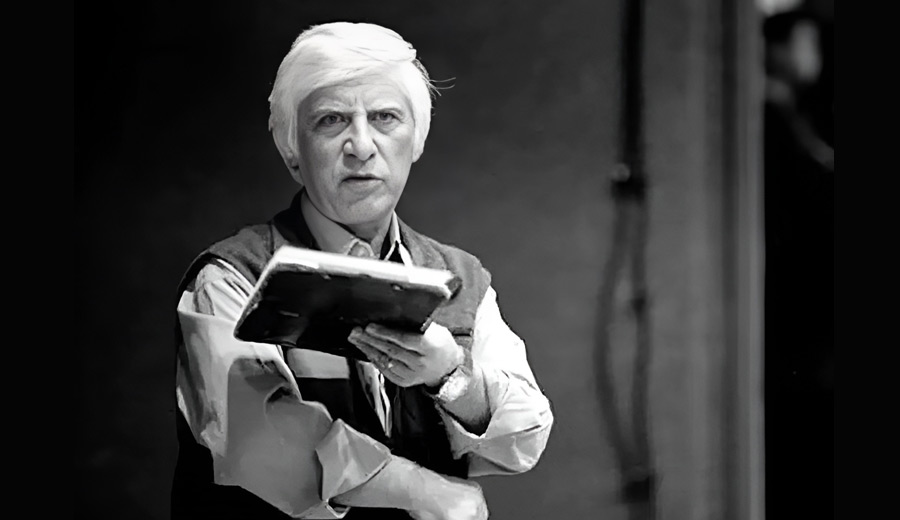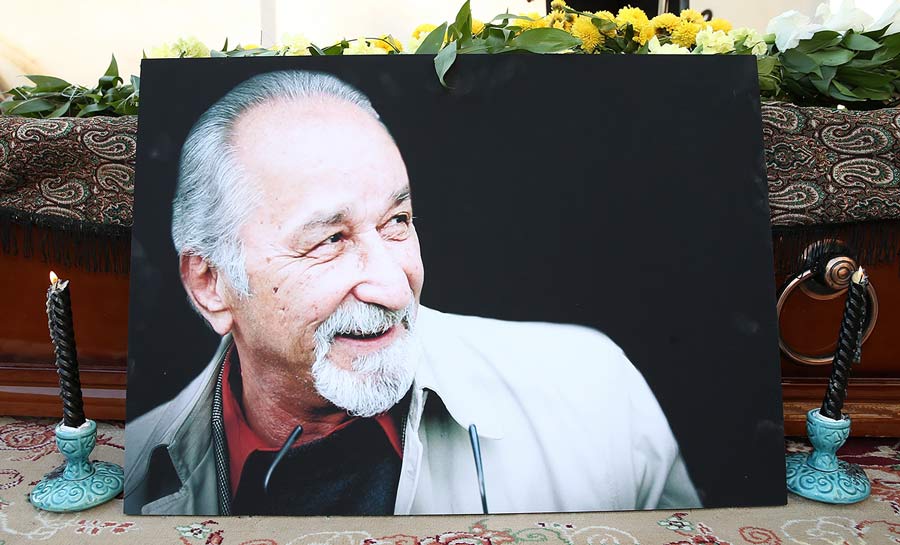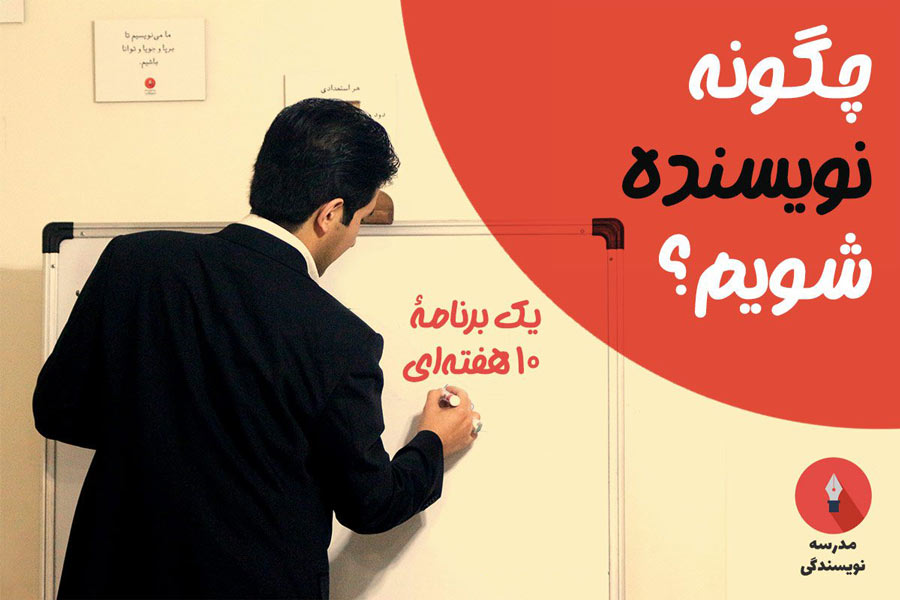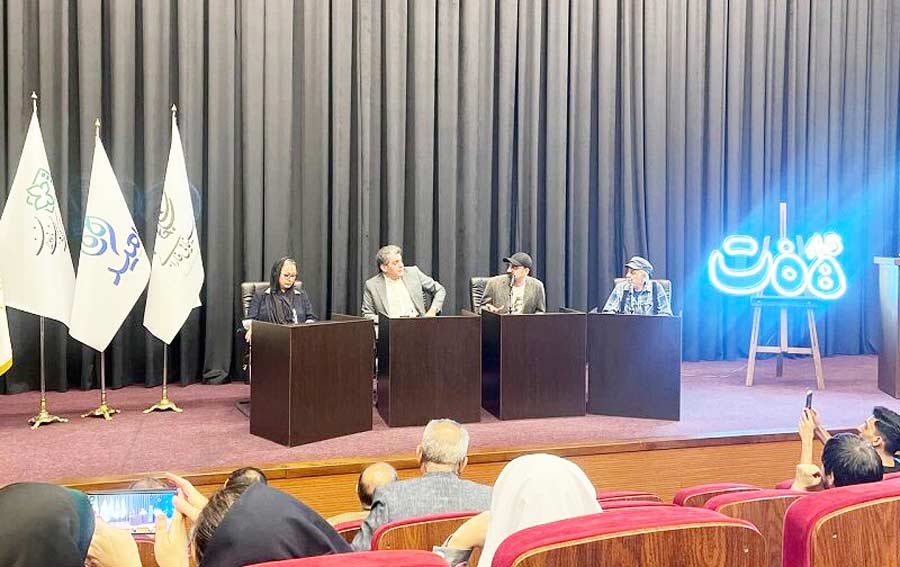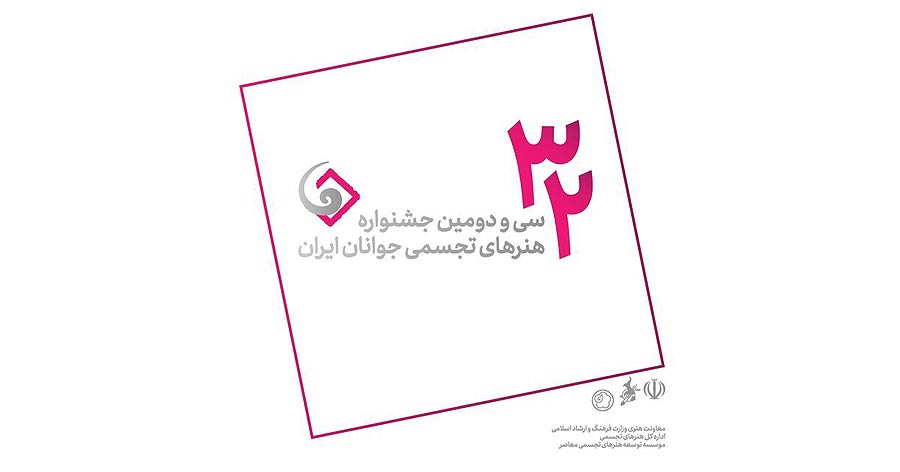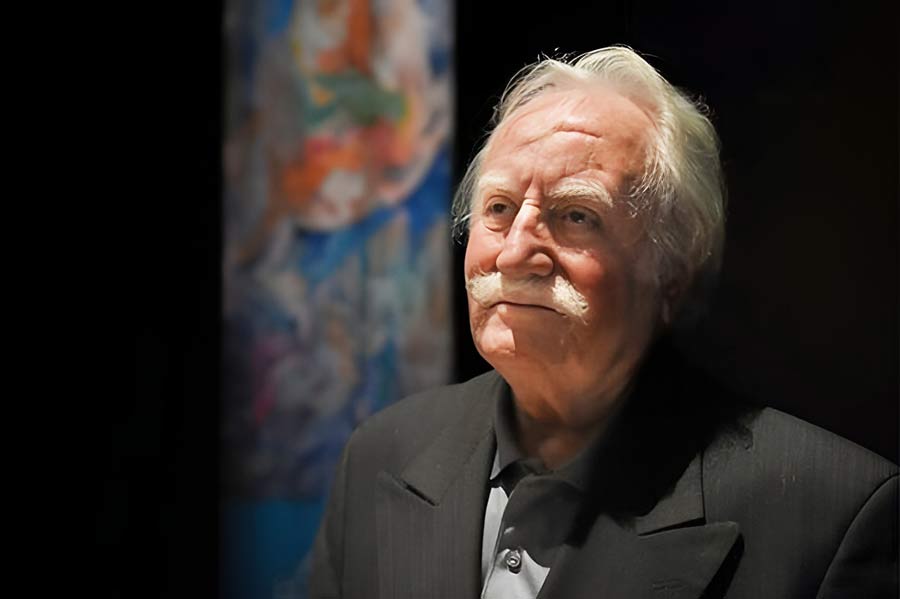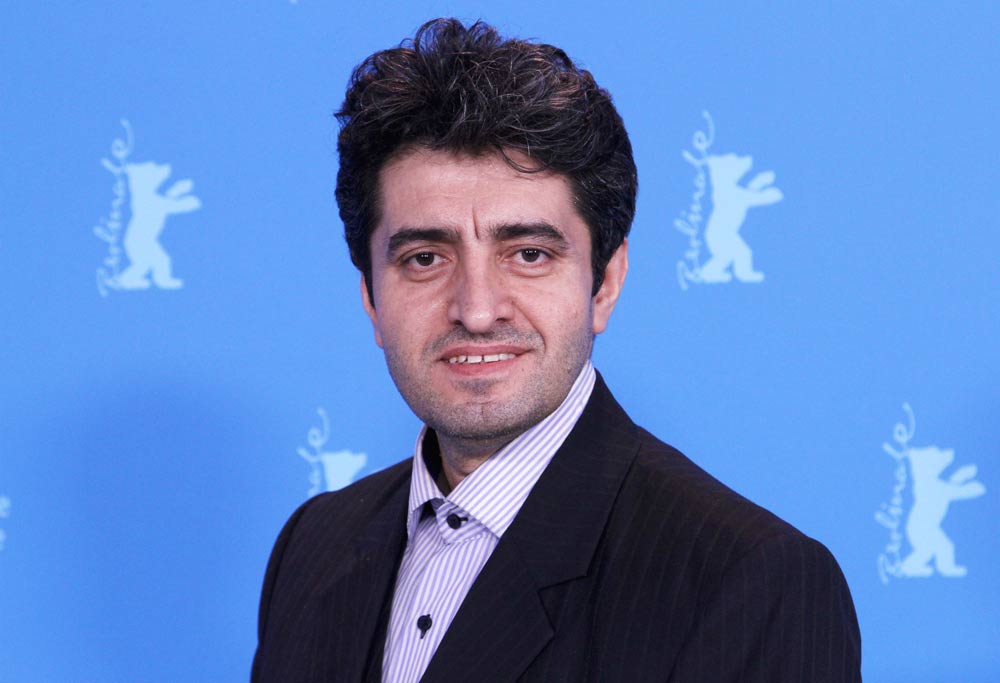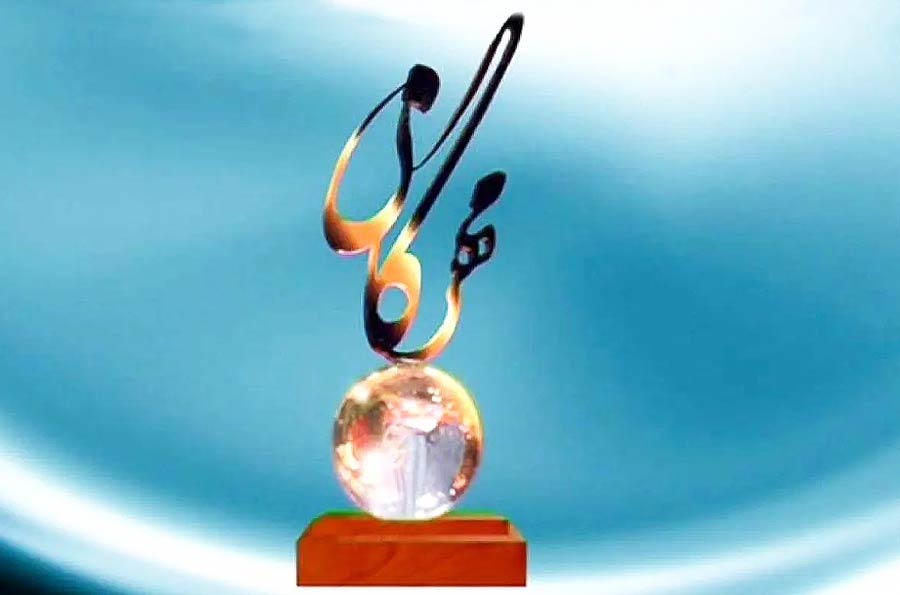On occasion death of Master Mohammad Ali Bahmani
My body is like Ghazal and my soul is like Nima
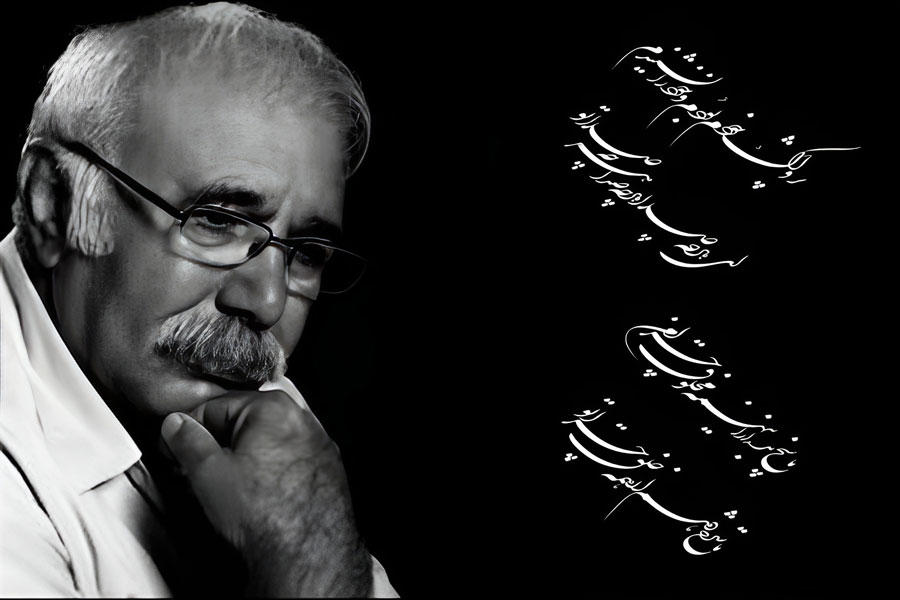
Mohammad Ali Bahmani, an veteran poet, was born in 1942 in Dezful, on evening of Friday, 30 August 2024, he died at age of 82 due to a brain problem.
“Baghe Lal (1971)”, “In weightlessness (1972)”, “Folks (1976)”, “Sometimes I miss myself (1990)”, “Dehati (1998)”, “A poet can be heard (1998)”. “Nistan (2000)”, “This house has inflammable words (2003)”, book “Umbrella for what, dream that does not get wet” and “I am still alive and I think about poetry” (2009), are some of his works.
An example of a poem in memory of Master Mohammad Ali Bahmani:
I fill you from window of your sleep to you / meet me every night, in this window with you / from tiredness of day, this dream is full of secrets / it is enough for me, O all your desires / last night you and I were not closed in this earth / I am one Fire, all particles of your air / I was an echo of myself and I did not hear myself / Oh whatever your voice, whatever your voice, whatever your voice / Your freedom and fascination have no boundaries / You have even become free from yourself / Or death or magicians of politics? / No more and never, either death or you / When everywhere there is a word about my sonnet / It means everywhere you, everywhere you, everywhere you / Answer me, of all the creatures, why me? / To explain, of all creation, why you?
He said in an interview: When we read many of Rumi’s poems, we see that even though there is no rhyme, his poetry and existence take us after him. If we look at form of ghazal verses that poets of decade after Nima wrote according to conditions of their times, we can see that it even has lyrical meanings. Poetry in general is a string, one end of which belongs to hands of yesterday and the other end to hands of tomorrow, and we are in middle of heartache of breaking a thread that has not been broken during centuries.
He considered reading classical literature as essential for today’s poets and noted: In early moments when Nimai’s sonnet was being formed, Manouchehr Neyestani said, “You who want to work in classical literature, read poetry of literary greats, at the same time read Nimai’s works, which These will open your eyes and give you a sense of how to benefit and them.
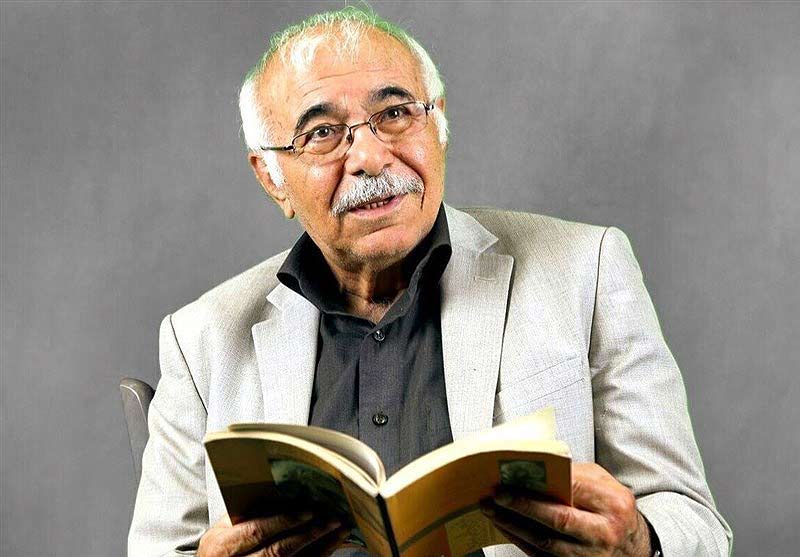
Mohammad Ali Bahmani believed, “Ghazal after Nima could not have been influenced by him, and whoever works in field of ghazal today, fills his ghazal container from Nima river and quenches his thirst from this river. I myself have said many times in My body is like Ghazal and my soul is like Nima. It can be said that I used name Ghazal like Nima for first time, and beyond that, I believe that Ghazal has been influenced by this poet for many years, and even in the fields of art. His type of look, angle of vision and thought are present.”
Poet “Sometimes I miss myself”, mentioning Hossein Monzavi as poet who crossed this bridge after Manouchehr Neyestani, noted: “Monzavi was among first who not only crossed this bridge, Rather, he performed his own dance and sama on this bridge, and this sight is enough to attract others to cross this bridge My passion has always been to cross this bridge.
At the same time, he believed: in order to write postmodern poetry, we must present postmodern conditions in forms of our art. But our art has not passed modern to reach postmodern. First of all, it should be resolved whether postmodern teachings lead us to another transformation or was it not in our background poetry? Wasn’t this movement in Rumi? By way, many works have identifiers in which work we want to do in postmodern poetry is found. For example, in Indian style, there are many things that we want to do in postmodern.
Masoud Pezeshkian, president of Islamic Republic of Iran, in a message of condolence on death of the famous cultural figure, late Mohammad Ali Bahmani, said: Death of well-known and beautiful poet, late Mohammad Ali Bahmani, caused me to be moved and saddened.
He clarified: This powerful poet and holder of “Khorshid Mehr statue” is best lyricist of Iran with a special style, artistic taste and a creative, humane and popular view of poetry, special charms to his poems and great richness to literature. He nationalized and left a lasting name and memory.
Mohammad Reza Aref, first vice president, in his condolence message for death of Mohammad Ali Bahmani, a contemporary poet and writer, said: Iran has lost a famous and well-known poet and one of leaders of Persian poetry and literature. Dear Mr. Mohammad Ali Bahmani, well-known lyricist of our country, with his gentle and eloquent voice, was popular both in particular and in general. Iran is a friend who always cared about national interests and demanded justice. A cosmopolitan who loved Iran and its people.
Mohammad Bagher Ghalibaf, Chairman of Islamic Council, expressed his condolences on death of Mohammad Ali Bahmani and said: this enduring figure, with his valuable works, played an influential role in connecting today’s poetry with people and young generation.
A video of late Mohammad Ali Bahmani reciting poetry with Imam Reza (a.s.) has been published, which is a sight to behold:
Calligraphy: Master Mohammad Heidari


